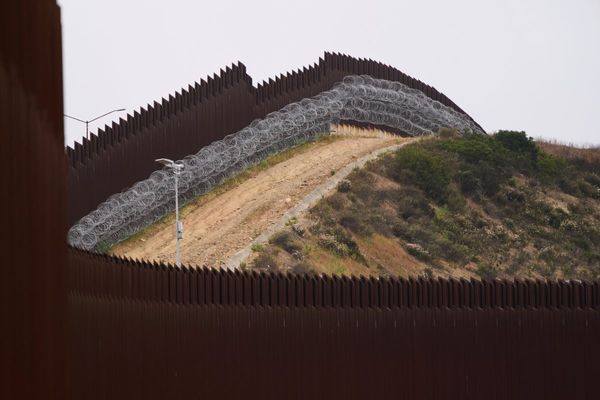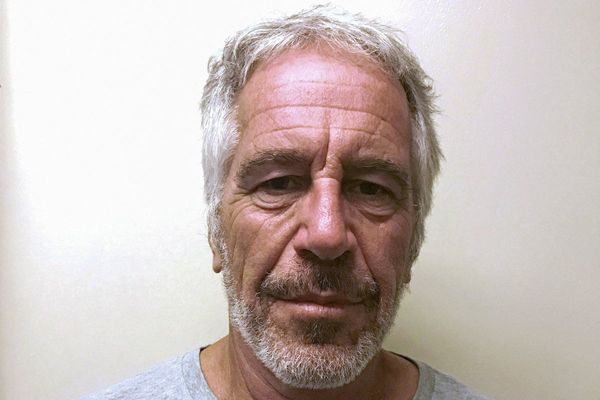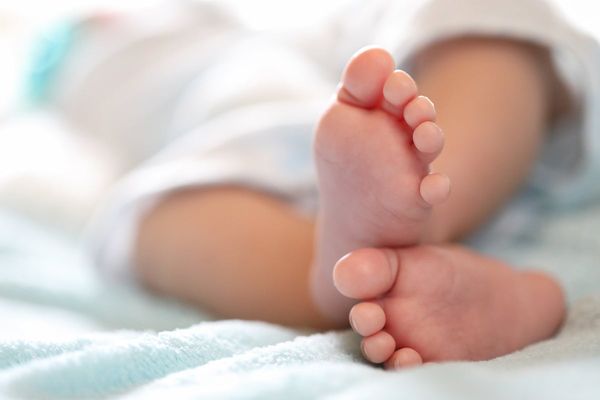When Tina Turner spoke to People Magazine in 1981 and told a journalist that she was a victim of domestic violence, it was something that was unheard of at the time.
In the 2021 documentary TINA, aired on the Nine Network, Turner elaborated on some of the abuse she suffered at the hands of her then-husband Ike Turner, marking decades of openness.
Turner died last week at her home in Switzerland after suffering a long illness. She was 83.
By refusing to suffer in silence, Turner was a voice for the voiceless.
"Her bravery paved the way for voices, and even the voices we hear today, to speak about this issue," the CEO of Domestic Violence NSW Delia Donovan told the ABC.
"Back in the 80s, it was very much behind closed doors, a private matter, one that the community didn't engage with as much."
Turner described the savage and ruthless abuse she encountered as well as its unrelenting nature in the documentary, and also spoke about her reaction to it.
"I felt obligated to stay there and I was afraid," Turner said.
"And I stayed. That's just how it was. I felt very loyal to Ike and I didn't want to hurt him and sometimes after he beat me up, I'd end up feeling sorry for him and [I thought] why am feeling sorry [for him]?
"I'm sitting here all bruised and torn and I'm feeling sorry for him."
Ms Donavan said Turner is brave, as are the countless women who suffer domestic abuse at the hands of their partners.
"She was an influencer, a strong, courageous woman.
"She was a powerful, strong woman and often we'll see images in the media of a domestic violence incident and we'll see a woman curled up in the corner of a room.
"Well, guess what?
"Survivors are probably the most bravest, courageous people I know.
"She made survivors feel like they're not alone. She helped break the silence. She created a national and an international conversation. And she supported the community to start talking more about this issue."
Ms Donovan said too often in the media there are troubling headlines that victim-blame or highlight the attributes of a perpetrator.
"We've got to break this romantic, ideological, misplaced view of perpetrators," Ms Donovan said.
"I'd love to see an accountability there about how we portray victim survivors and we don't just have this misconception of it being a poor person or someone from a marginalised community.
"Domestic violence is everywhere, because of the systems and structures that have been set in the world we live in where women and girls are just not seen as powerful.
"And I think that certainly Tina Turner, having that conversation and being brave to move through it, and deal with the media in that time was just absolutely incredible."
The statistics
|
|---|
Turner's son Craig spoke in the documentary about witnessing some of the abuse his mother had suffered and Ms Donovan said working with children was a really important part of the response to domestic and family violence.
"Women have an increased risk of experiencing family violence from an intimate partner during pregnancy," Ms Donovan said.
"And if domestic and family violence already exists, it can really increase in pregnancy.
"And I know Tina Turner spoke about the violence that she was exposed to pregnant.
"And that can have impacts on the unborn child's brain development.
"Often kids blame themselves and they'll exhibit all different types of behaviours.
"Sometimes we can focus on the parents and not enough on the kids and the impact domestic and family violence has on them.
"And we want them to talk about that and know that it's not their fault and there are healthy, safe, respectful relationships out there."
Ms Donovan said it was possible to be in a domestic violence relationship and not know it, pointing out that 99 per cent of domestic homicides in NSW involved coercive control.
"Coercive control is a pattern of behaviour where by the time the perpetrator is finished with you, you're a hostage in your own home, you don't recognise yourself," she said.
Signs of domestic violence and coercive control
|
|---|
Help is available
Ms Donovan said it's important to remember there is help out there.
"1800 Respect is a national counselling helpline with information and support anywhere in the country, 24/7.
"You ring up, you share what's happening to you, and they will link you to the appropriate service.
"It might be that you do want the justice response. Or it might be that you'd want some therapeutic support, or you might want crisis refuge.
Ms Donovan said women are overwhelmingly the victims of domestic violence, but men can be victims too. She said there are referral services for those using violence.
"I hope everybody can be redeemed," she said.
"And I think that every single person is on their own journey.
"We don't know what's happened to anybody, their childhood, their background, so there needs to be responses for everybody in domestic and family violence and there needs to be accountability and support for perpetrators that use violence."







